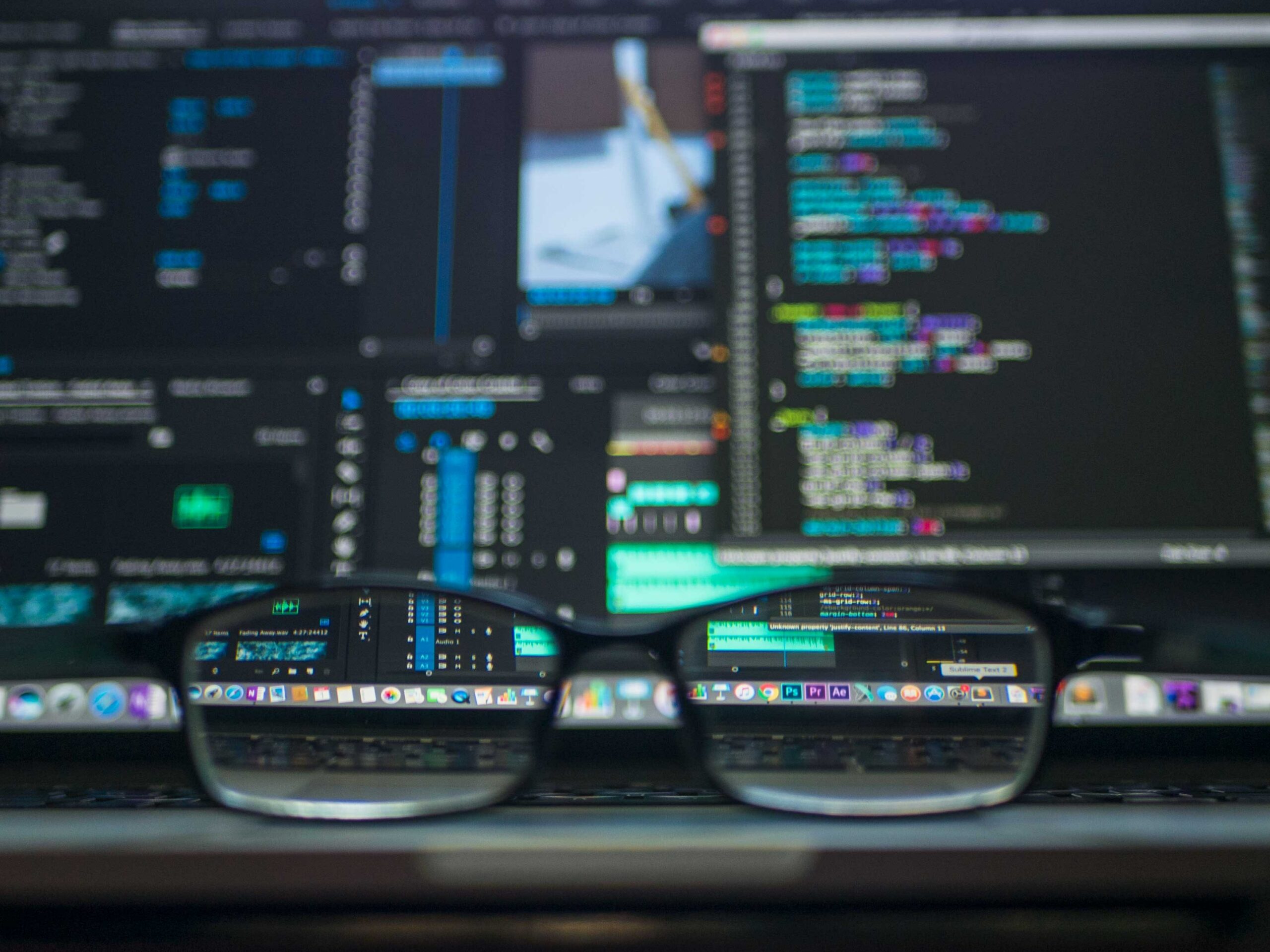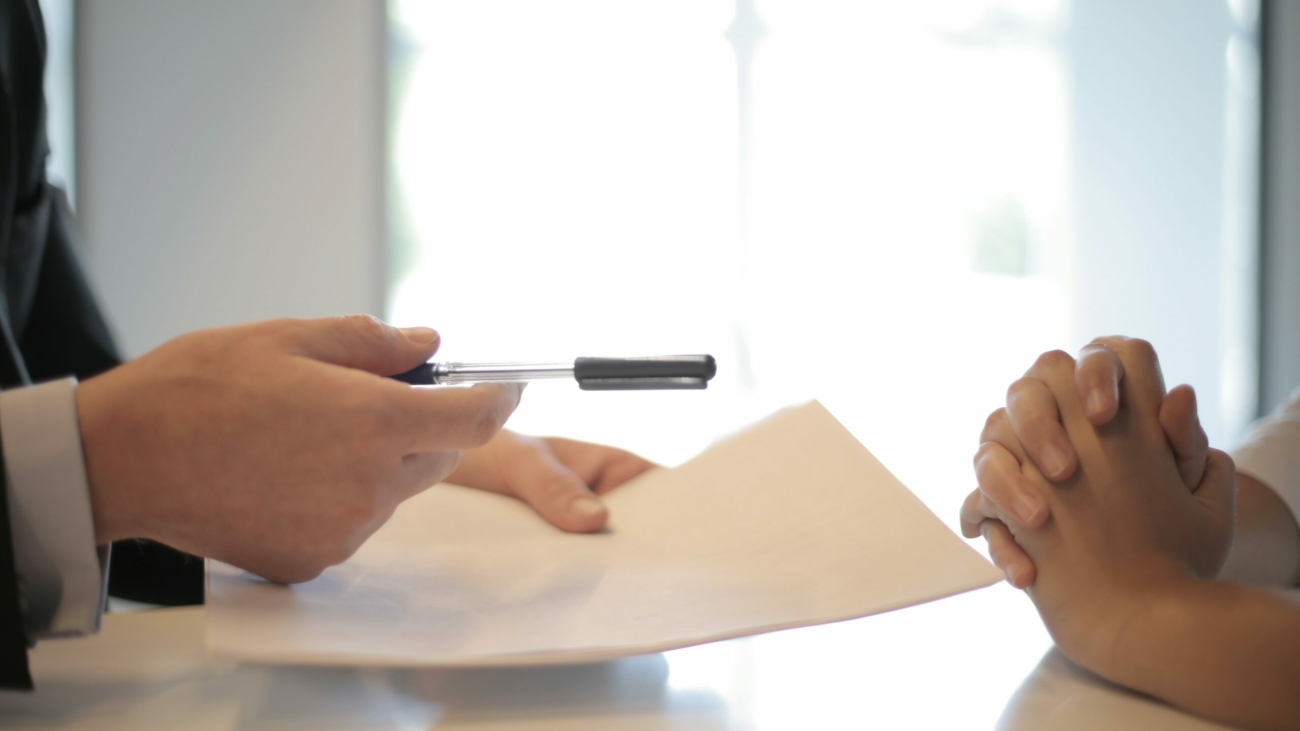These days, who hasn’t been the victim of an attempted scam on the Internet? Whether it was winning a prize draw you didn’t take part in or becoming the millionth luckiest client on the planet. The problem is that Internet scams is becoming increasingly common, and we must be very careful before clicking if we don’t want to regret it later.
Today we will give you 4 basic recommendations to protect yourself against Internet scams. Don’t be deceived!
Learn to identify a fake website
Most fake websites pretend to be online shops in order to scam compulsive online shoppers. In this case, we recommend looking to see whether the website URL starts with https:// or if the prices are suspiciously low compared to the quality. There’s no such thing as a free lunch. Never forget it!
Look at the payment options
The level of protection of some payment options, such as MoneyGram, is very low. It is also almost impossible to get your money back after finalising a purchase. If they ask you to pay using a single payment method, it is probably an Internet scam.
Find out about the online shop before buying
If you can’t find information about it anywhere, don’t trust it! A real online shop would publish its name, logo, fiscal address, telephone number, location and email address. Also look for the secure site seal and the Terms and Conditions of sales, shipping, returns and cancellations among its web pages.
In addition to these basic 3 points, remember that scammers do not give up easily and will try to make you fall for their scam through methods such as phishing. To avoid these traps, follow the basic points below.

How to protect yourself against Internet phishing
Keep your antivirus up to date
Phishing can also take place through malware, so to prevent Internet scams it is important to have the latest version of your antivirus to block any type of threat and keep a registry of suspicious Internet files.
Avoid chain messages
Chain messages are a wonderful source of information for scammers. They gather the email addresses in order to use them for phishing. In any case, send emails with a hidden recipient or delete them if you don’t know the recipient.
Use a VPN when you connect to the Internet
If you connect to the Internet in public spaces, it is best to install a good VPN to create a secure connection through public networks and home networks. The VPN hides your online activity and protects against computer scammers by changing your IP address.
Do you follow these recommendations? If you didn’t know, now you have the information necessary to protect yourself from feared Internet scams. If you would like to know more about this topic and others related to digital rights, you will find other articles that may interest you in our blog. Have you read them?






